14 November 2025

After many years abroad, Fabio Petroni has returned to Italy to establish his research group at EMBL Rome. Here, he is leading a project focused on developing AI systems to support life science research.
PEOPLE & PERSPECTIVES
11 November 2025

The AlphaFold Database (AlphaFold DB) has introduced a new functionality that enables users to integrate and visualise custom sequence annotations. These annotations are processed in the browser for the current session only. The new functionality is made possible through the integration of the PDBe…
2025
updates-from-data-resources
7 August 2025

The AlphaFold Protein Structure Database (AFDB) has redesigned its entry pages to make exploring predicted protein structures faster, clearer, and more intuitive. This update delivers a streamlined experience across devices, whether you’re browsing from the lab, your desktop, or on the move.…
2025
updates-from-data-resources
22 July 2025
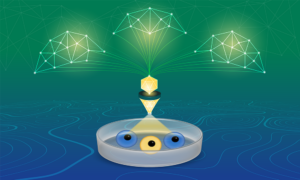
New tool combines biological knowledge with machine learning to help researchers extract meaningful insights from complex omics data.
SCIENCE & TECHNOLOGY
2025
research-highlightssciencescience-technology
12 June 2025
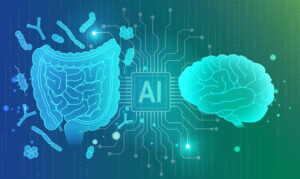
Parkinson's disease, a neurodegenerative condition causing motor and non-motor symptoms like gut issues (often appearing decades early), is being investigated for its link to the gut microbiome. While previous studies have shown gut microbiome changes in Parkinson's patients, a clear consensus on…
SCIENCE & TECHNOLOGY
2025
sciencescience-technology
29 May 2025
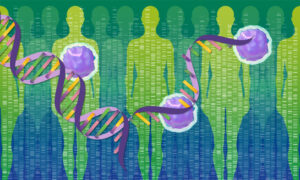
SAVANA is a new tool designed for accurate detection of structural variations in clinical samples.
SCIENCE & TECHNOLOGY
2025
research-highlightsscience-technology
28 April 2025

InterPro 105.0 is now live. This AI-driven update makes it easier than ever to explore the protein universe.
2025
updates-from-data-resources
26 November 2024

The Complex Portal – an encyclopaedic resource of macromolecular complexes from key model organisms – has expanded its coverage of the Human Complexome. This includes: To find out more, read the new paper entitled Complex Portal 2025: Predicted human complexes and enhanced visualisation tools…
2024
uncategorizedupdates-from-data-resources
13 November 2024
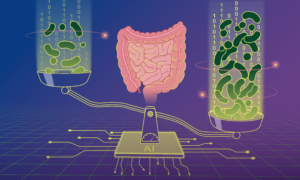
Scientists have developed a new machine-learning model to predict microbial load — the density of microbes in our guts — and used it to demonstrate how microbial load plays an important role in disease-microbiome associations.
SCIENCE & TECHNOLOGY
8 October 2024

The prize was awarded to John J. Hopfield, Princeton University, USA, and Geoffrey Hinton, University of Toronto, Canada, for their seminal contributions to the foundational methods that enabled the development of machine learning.
SCIENCE & TECHNOLOGY
1 August 2024

Using machine learning to analyse the genetic factors behind early clinical trial termination, researchers find a link between genetic evidence and trial outcome.
SCIENCE & TECHNOLOGY
2024
research-highlightsscience-technology
12 March 2024

Team Leader Sameer Velankar on why accessible training is key for AlphaFold and AI tools more generally.
PEOPLE & PERSPECTIVES
2024
people-perspectivesperspectivesscience
26 January 2024

Streamlining proteomics data access for machine learning applications.
2024
sciencetechnology-and-innovation
14 December 2023
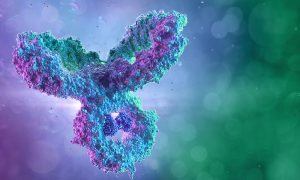
Former EMBL staff scientist founds a start-up – DenovAI – for broader, faster and cheaper antibody discovery using advanced machine learning and computational biophysics.
SCIENCE & TECHNOLOGY
2023
sciencescience-technology
22 November 2023

EMBL scientist Oliver Stegle explains how AI-based tools have the potential to transform our ability to better understand the complexity of life and how these tools will shape the future of life science exploration.
LAB MATTERSPEOPLE & PERSPECTIVES
2023
lab-matterspeople-perspectives
24 October 2023

EMBL gathered together government, industry, and academic researchers to explore how to leverage the power of AI and machine learning to advance research.
CONNECTIONSLAB MATTERS
2023
connectionslab-matters
24 October 2023

EMBL stands as a leader, exemplifying how to harmoniously integrate AI in research and through its delivery of data services.
LAB MATTERSPEOPLE & PERSPECTIVES
2023
lab-matterspeople-perspectives
28 September 2023
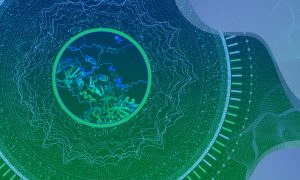
EMBL receives the German AI prize awarded for outstanding services to the research and development as well as application and commercialisation of artificial intelligence (AI) in life science research.
EMBL ANNOUNCEMENTS
2023
embl-announcementsscience
15 May 2023
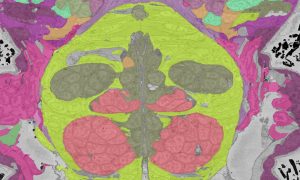
EMBL researchers are pushing the frontiers of big data analysis in biological imaging, allowing scientists to gain a many-layered and multidimensional view of organisms, tissues, and cells in action.
EMBLetc
26 January 2023

Open Targets is using artificial intelligence and machine learning to identify and prioritise drug targets.
SCIENCE & TECHNOLOGY
2023
sciencescience-technologytechnology-and-innovation
2 November 2022

Researchers across EMBL are helping to make artificial intelligence (AI) models for bioimaging analysis interoperable and openly available to the scientific community.
2022
announcementsscience
13 October 2022
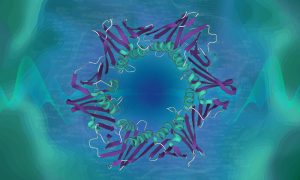
Over 40 million protein annotations have been added to the UniProt database using a Google Research natural language processing model.
2022
technology-and-innovation
6 October 2022
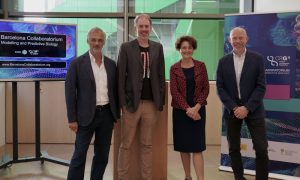
The institutes have launched a joint new initiative which aims to make biology as engineerable as an aeroplane or a bridge.
CONNECTIONSLAB MATTERS
2022
connectionslab-matters
1 August 2022
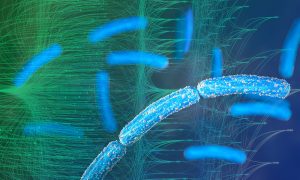
Machine learning has helped researchers uncover new insights into how bacteria infect host cells.
SCIENCE & TECHNOLOGY
2022
research-highlightssciencescience-technology
31 May 2022
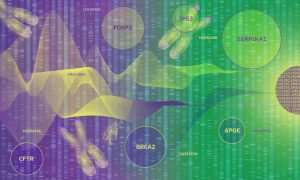
Researchers in the Ensembl team are making the most of machine learning methods to speed up genome annotation pipelines
SCIENCE & TECHNOLOGY
2022
sciencescience-technologytechnology-and-innovation
12 May 2022

How text mining collaborations benefit our research, data resources, and the wider scientific community.
SCIENCE & TECHNOLOGY
2022
sciencescience-technologytechnology-and-innovation
5 October 2021

EMBL scientists and colleagues have developed an interactive atlas of the entire marine worm Platynereis dumerilii in its larval stage. The PlatyBrowser resource combines high-resolution gene expression data with volume electron microscopy images.
SCIENCE & TECHNOLOGY
2021
sciencescience-technology
20 September 2021
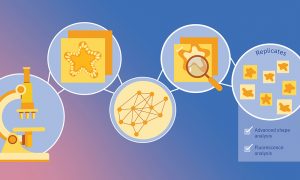
MOrgAna is an open source, user-friendly, modular software that is able to analyse organoids with machine learning.
SCIENCE & TECHNOLOGY
2021
sciencescience-technology
15 September 2021

A research collaboration used machine learning to map tumour molecular make-up, potentially paving way to more customised cancer treatment.
SCIENCE & TECHNOLOGY
2021
sciencescience-technology
10 September 2021
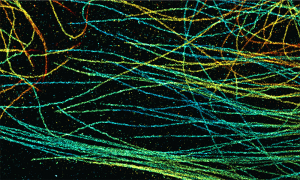
Packaged for simple installation and free use, the novel method DECODE enables researchers to reduce imaging times and increase localisation density in single-molecule localisation microscopy (SMLM).
SCIENCE & TECHNOLOGY
2021
sciencescience-technology
17 June 2021
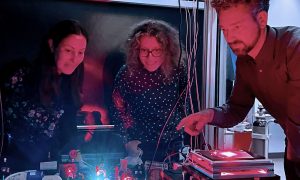
EMBL group leaders Julia Mahamid, Anna Kreshuk & Jonas Ries awarded Chan Zuckerberg Initiative grant to advance what we see inside cells.
LAB MATTERSPEOPLE & PERSPECTIVES
2021
lab-matterspeople-perspectives
7 May 2021

EMBL scientists have combined artificial intelligence (AI) algorithms with two cutting-edge microscopy techniques.
SCIENCE & TECHNOLOGY
2021
sciencescience-technology
2 December 2020
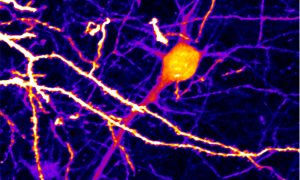
The Chan Zuckerberg Initiative has recognised four EMBL researchers with their most recent awards, showing how tech trailblazers are integral to advancing science and medicine.
EMBL ANNOUNCEMENTSLAB MATTERS
2020
embl-announcementslab-matters
31 August 2020
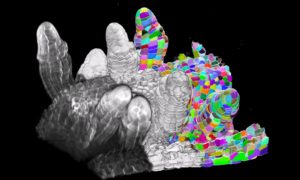
Starting with computer code and moving on to a more user-friendly graphical interface called PlantSeg, the Kreshuk Group at EMBL and collaborators built a simple open-access method to provide the most accurate and versatile analysis of plant tissue development to date.
SCIENCE & TECHNOLOGY
2020
sciencescience-technology
19 August 2020
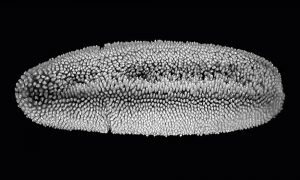
Discoveries at EMBL will help researchers to interpret one of the most common types of experiments in genomics and medical studies.
SCIENCE & TECHNOLOGY
2020
sciencescience-technology
6 August 2020
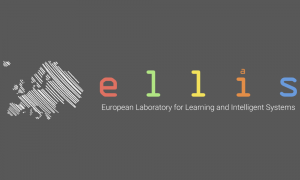
Researchers from all life science disciplines – from fundamental biological research to medical applications – generate immense datasets. Analysing these datasets and gaining new knowledge from them is a growing challenge for scientists. The fields of artificial intelligence (AI) and machine…
LAB MATTERSSCIENCE & TECHNOLOGY
2020
lab-mattersscience-technology
27 July 2020
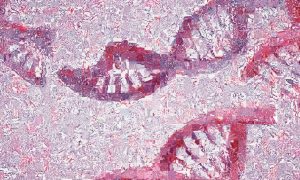
Researchers have developed an artificial intelligence algorithm that uses computer vision to analyse tissue samples from cancer patients. The algorithm can distinguish between healthy and cancerous tissues, and can also identify patterns DNA and RNA changes in tumours.
SCIENCE & TECHNOLOGY
2020
sciencescience-technology
16 November 2018

How EMBL scientists are using machine learning to advance biology
LAB MATTERSSCIENCE & TECHNOLOGY
2018
lab-mattersscience-technology
20 April 2018

New Heidelberg group leader creates tools to help biologists work faster and better
PEOPLE & PERSPECTIVES
2018
people-perspectivesscience
No results found





































